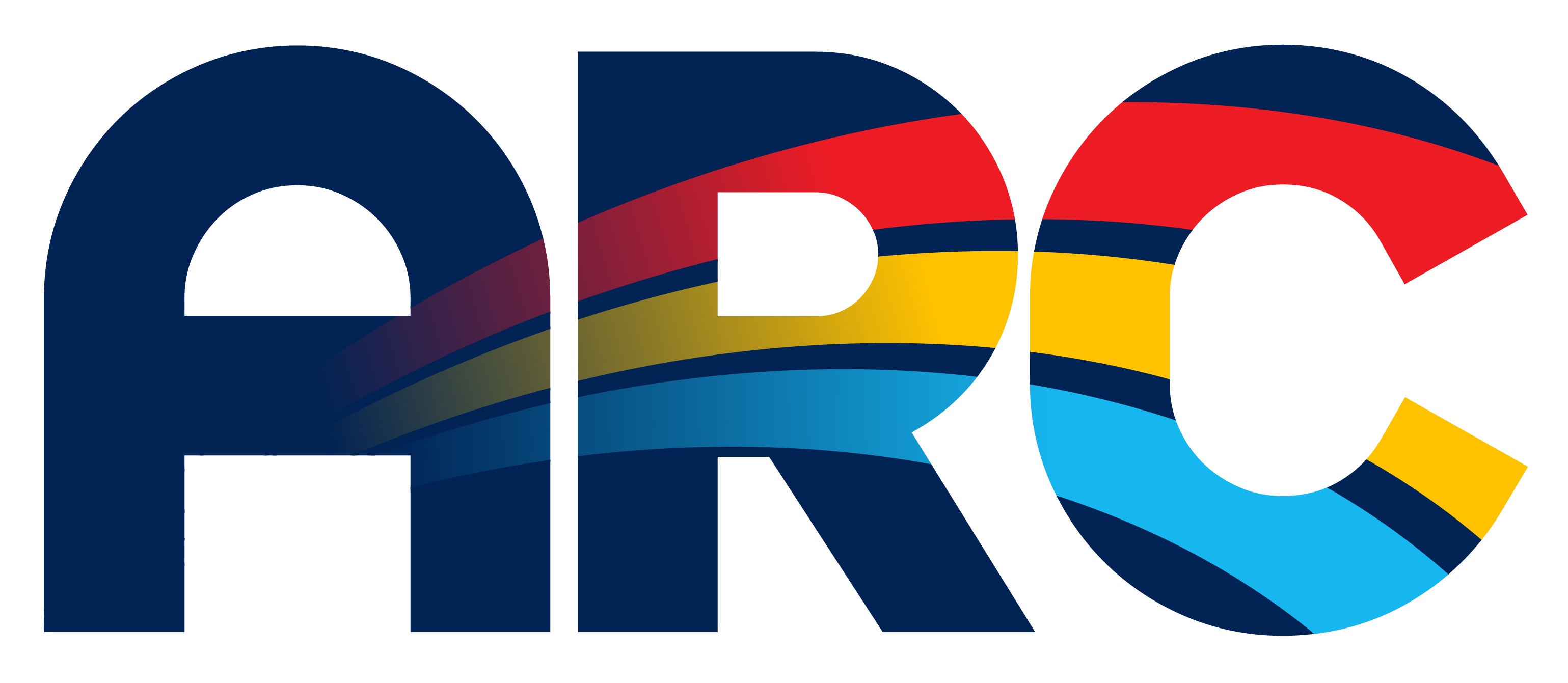Spanglish in the Composition Classroom
Presenter Status
Adjunct English Professor
Presentation Type
Oral presentation
Location
Buller Hall, Room 250
Start Date
23-5-2019 11:35 AM
Presentation Abstract
English has continuously adapted due to the needs and changes of its speakers. In recent years, due to globalization and immigration from Spanish-speaking countries, the newest development to English is Spanglish. Spanglish is a form of hybrid language, which combines words, idioms, and meanings from both Spanish and English. In certain communities, Spanglish also carries social and political functions; Spanglish serves as an identity marker for many Latinx, it connects generations of Spanish speakers, it has the potential to foster pan-Latin relationships, and it carries symbolic power in today’s political culture. There is a long-standing debate revolving around Spanglish; both native English and native Spanish speakers criticize the use and credibility of Spanglish, along with criticizing its speakers, due to the negative ideas associated with Spanglish. As the debate over the use of Spanglish in everyday life continues, so does the debate over Spanglish’s appropriateness in the classroom. It is known that institutions of higher learning prefer and advocate the use of academic, formal English, but scholars are beginning to recognize the need for student agency and student expression in order to increase student success; one possible tool to aid in college composition is Spanglish. Today, while scholars debate and construct ways to both promote diversity and lessen the inequality gap, Spanglish can be considered as another tool for instructors to encourage and increase student engagement and success.
Biographical Sketch
While working as a full-time student at La Sierra University, Jacqueline Sanchez began teaching first-year composition courses while also working as a writing tutor. Outside of her graduate studies, Sanchez spent her time indulging in classic Gothic works and learning new topics in rhetoric. Her research interests include Gender and Sexualities, Cultural Criticism, Ecocriticism, Film Studies, Horror studies, and are typically based in 20thcentury and contemporary works. Having recently completed her M.A. in Spring of 2018, Jacqueline Sanchez continues working on research projects born from passion and working as a college adjunct.
Spanglish in the Composition Classroom
Buller Hall, Room 250
English has continuously adapted due to the needs and changes of its speakers. In recent years, due to globalization and immigration from Spanish-speaking countries, the newest development to English is Spanglish. Spanglish is a form of hybrid language, which combines words, idioms, and meanings from both Spanish and English. In certain communities, Spanglish also carries social and political functions; Spanglish serves as an identity marker for many Latinx, it connects generations of Spanish speakers, it has the potential to foster pan-Latin relationships, and it carries symbolic power in today’s political culture. There is a long-standing debate revolving around Spanglish; both native English and native Spanish speakers criticize the use and credibility of Spanglish, along with criticizing its speakers, due to the negative ideas associated with Spanglish. As the debate over the use of Spanglish in everyday life continues, so does the debate over Spanglish’s appropriateness in the classroom. It is known that institutions of higher learning prefer and advocate the use of academic, formal English, but scholars are beginning to recognize the need for student agency and student expression in order to increase student success; one possible tool to aid in college composition is Spanglish. Today, while scholars debate and construct ways to both promote diversity and lessen the inequality gap, Spanglish can be considered as another tool for instructors to encourage and increase student engagement and success.



